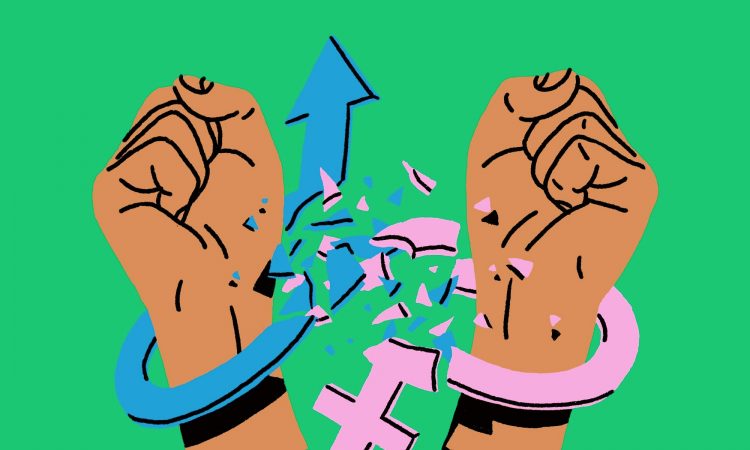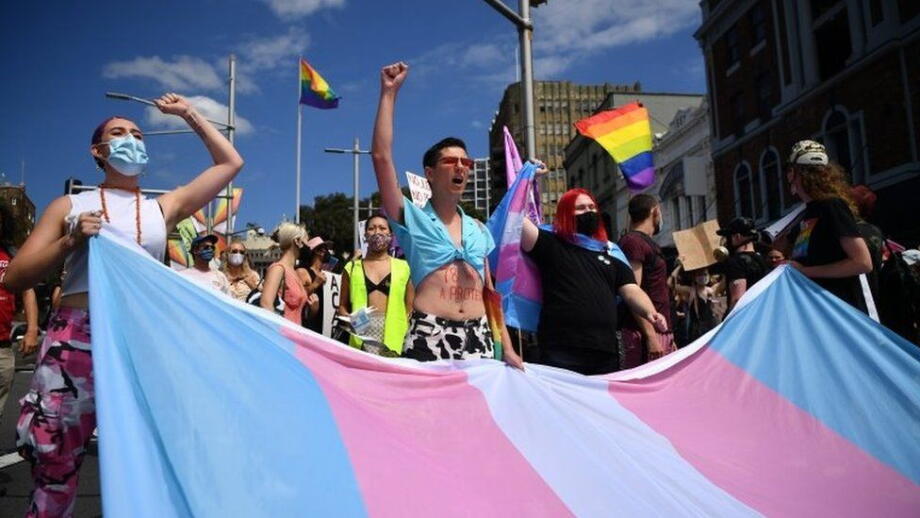In Short:
Collective action (CA) research looking at gender has focused predominantly on feminist activism, overlooking activism of women who reinforce gender inequalities and traditional gender roles (such as women supporting men’s rights or anti-abortion protesters). Our research addresses this oversight, demonstrating the key role of identity content in predicting CA in support of progressive and reactionary social change among women
Overview
Social protest research looking at gender has focused predominantly on feminist activism and support for policies aimed at progressive social change. Yet, not all women subscribe to the goals of the feminist movement, perceive women to be the disadvantaged group, nor share the same understand-ing of ‘women’s rights’.
Indeed, many women have actively opposed policies aimed at legislating gender equality, calling for the preservation of the gender status quo instead. For example, conservative women groups in the past would counter the suffragist movement or equal rights amendment in the US.
Today, the most visible examples of such conservative and reactionary women movements worldwide include:
- Advocacy of women’s groups who perceive men to be the disadvantaged group and support men’s rights and privileges, for example, ‘HoneyBadgers’ or ‘tradwives’.
- Women who ‘protect’ men from sexual harassment and rape allegations. For example, in 2018 over 100 prominent French women signed an open letter denouncing the #MeToo campaign against sexual harassment as a ‘puritanical witch-hunt against men’. In another open letter, 65 American women defended the US Supreme Court nominee, Brett Kavanaugh, against rape accusations.
- Women who follow radical right social movements that convey explicitly anti-feminist and misogynistic messages, for example, women in the alt-right movement and similar far-right groups in Europe.
This research aims to shed light on the motivations of women who engage in such conservative and reactionary CA. Specifically, weaim to explore to what extent the strength and content of gender identity shape women’s efforts to maintain (vs. oppose) traditional gender roles and gender inequalities.
While some of these actions can be perceived to be against the interest of women as a group and reinforcing their disadvantaged status, we aim to show that the strength of gender identity is positively associated with support for both progressive and reactionary CA, confirming that women who identify with their group can conceptualise women’s rights and group interest differently.
This is particularly important given that identification with ‘women asa group’ is often used as a predictor of CA among women. To address the limitation of this broad identity, we argue for the need to consider the content of gender identity when predicting support for reactionary(vs. progressive) social change among women.
In this research, we focus on two gender identity subtypes – feminist identity and traditional identity – which are aligned with the opposition to versus support for the gender status quo respectively and test their role in predicting support for progressive and reactionary CA.
Contact
Gosia Mikołajczak
Research Fellow
The workplace & working lives
You may also like
Sex wars and TERF wars
An increasing number of people identify as feminists, but there is disagreement about whom and what feminism should be fighting for.
Gender expectations, socioeconomic inequalities and definitions of career success
Higher Education is generally regarded as a pathway to career opportunities, and research shows that students' expectations of their career success while they are studying are an important…
"Fitting in whilst standing out"
Professional British women of African, Asian, and Caribbean ethnicities contend with unique challenges and experiences in the workplace. These challenges are often due to experiences that occur at…




